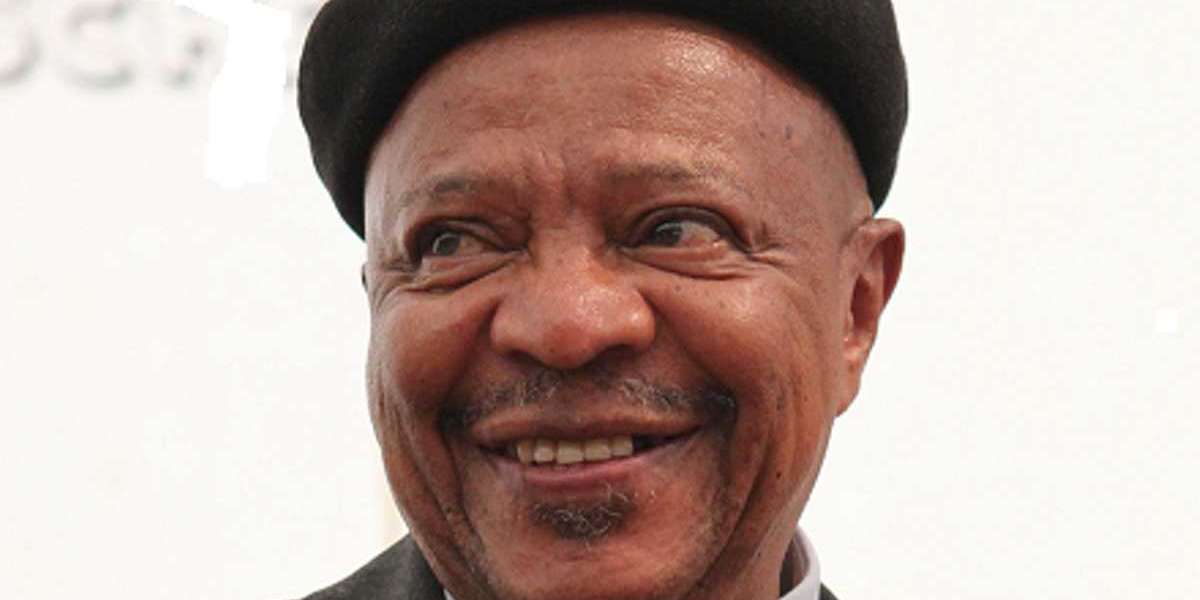Botha represents a group of investors which, at last count, had the largest combined claim against Africrypt at a total of R66,876,772.50. The largest of these was Badaspex (Pty.) Ltd., which lodged a claim of over R41 million in its application to liquidate Africrypt on 19 April 2021. Africrypt was a cryptocurrency investment scheme founded in 2019 that promised clients too-good-to-be-true returns of around 10% per month.
Much like Mirror Trading International, another Bitcoin-based scheme that operated around the same time, Africrypt claimed to have magical artificial intelligence software that enabled them to achieve such astronomical returns for investors. One major difference was that Africrypt did not use a multilevel marketing programme, though according to investors it did offer commissions for referrals. Something else that Africrypt did differently was that it accepted rand deposits via an FNB bank account and promised to buy cryptocurrency on clients’ behalf. FNB has said that the account in question was not registered in the name of Africrypt, but it declined to reveal to whom the account belonged.
“In line with our zero tolerance stance, we will always look into any allegation of irregularity,” Nadiah Maharaj from FNB Risk told MyBroadband. Maharaj stated that the bank remains committed to fulfilling its responsibilities in accordance with its risk management framework and regulatory requirements. “Due to client confidentiality, we cannot provide any information on specific bank accounts.”

The liquidation application from Badaspex came after Africrypt sent a letter to investors on 13 April claiming that it had been hacked and an undisclosed amount of funds stolen. “Our number one priority is retrieving the funds as speedily as possible, however the process is very wary and will take a substantial amount of time to complete,” the letter, signed by Ameer Cajee, stated. “It is understandable that clients may proceed the legal route, but we ask clients to acknowledge that this will only delay the recovery process.” Six days later the liquidation application from Badaspex was filed, and the provisional liquidation order was granted on 26 April despite the brothers’ attempt to oppose it.
The return date to hear arguments for the final liquidation order is 19 July. One investor who spoke to MyBroadband on condition of anonymity said that at the beginning of March, the Cajee brothers allegedly bragged that Africrypt was handling around $700 million (R10 billion) of investor funds. While substantially less than the R51 billion figure presented by Hanekom Attorneys to the media, even this lower amount may have been significantly inflated for the purposes of boasting.
Speaking to another investor, MyBroadband learned that the Cajee brothers informed the lawyer who represented them at the provisional liquidation hearing that their South African losses amounted to R1.1 billion. The brothers also stated that they had managed 9 million cryptocurrency wallets at the time of the alleged hack. MyBroadband contacted Hanekom Attorneys for clarity on how its analysis of the stolen funds was conducted, but did not receive a response by the time of publication. Regardless of what the true amount invested in Africrypt was, Botha explained that the only figures that ultimately matter are the verifiable claims brought by aggrieved clients. These currently amount to around R140 million. He said that the number of outstanding claims that may yet be filed could bring this amount up to R350 million, but not exceeding R500 million.

One of the investors who spoke to MyBroadband said that Raees Cajee was incredibly convincing. “For a 21-year-old, you could not fault him. He was articulate, he was professional, he was legal. Very precise,” the former Africrypt client said. According to the investor, there were people who had been in business for 30 years who heard Cajee’s presentation and came away impressed, saying that they can’t believe he was only 21. It was only after hearing these endorsements that the investor said he decided to trust Africrypt with his savings.
“But I don’t want to blow smoke… I think he’s an absolute thief,” the investor said. The Cajee brothers have denied this allegation. Quoting their lawyer, John Oosthuizen, the BBC reported that they denied stealing or absconding with the money. Oosthuizen said that the brothers maintain that Africrypt was hacked and that his firm was preparing evidence that will show that they were a victim of theft. MyBroadband contacted the Cajee brothers for comment, but neither responded to emails and Ameer Cajee’s phone went straight to voicemail.








